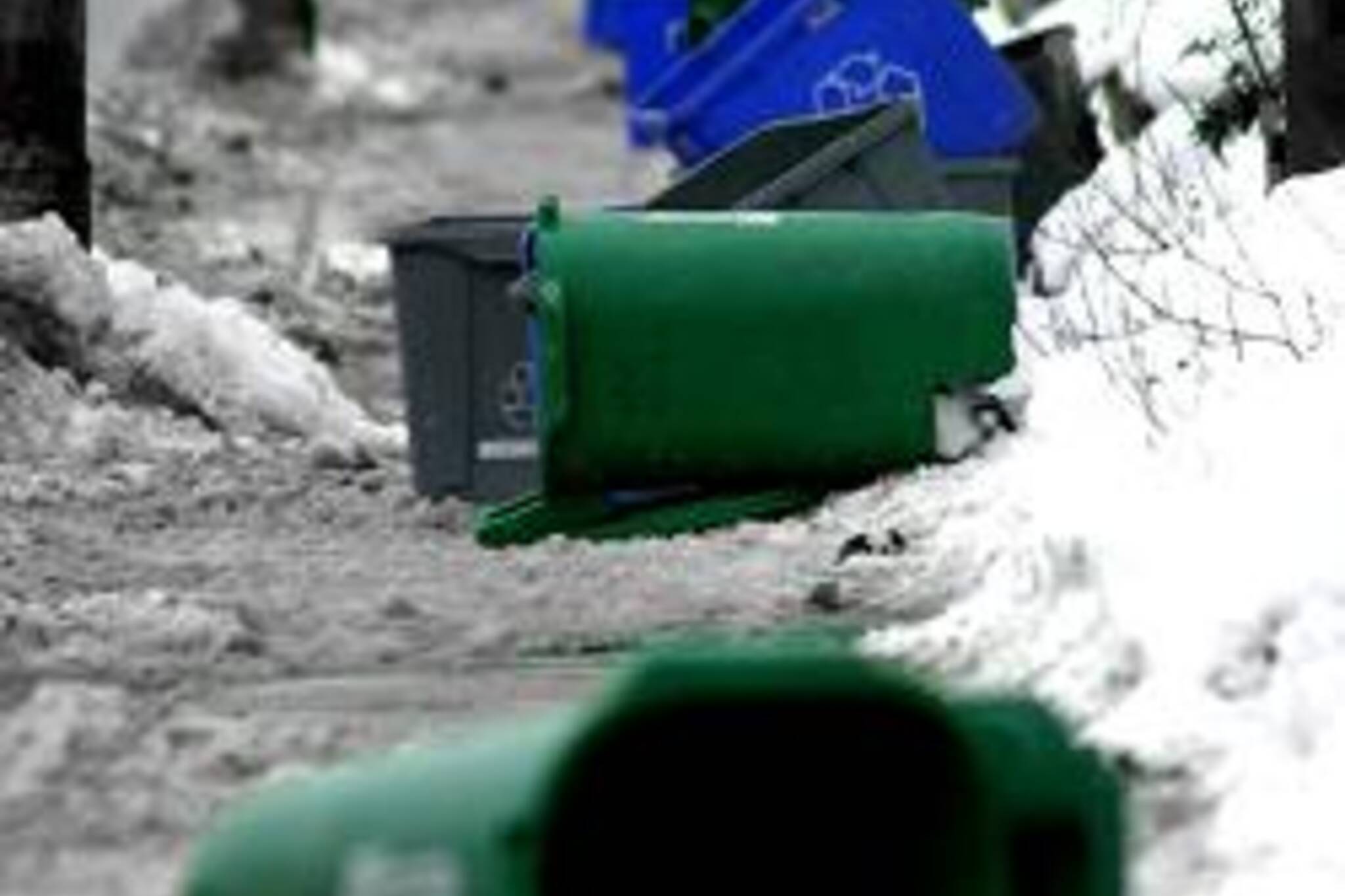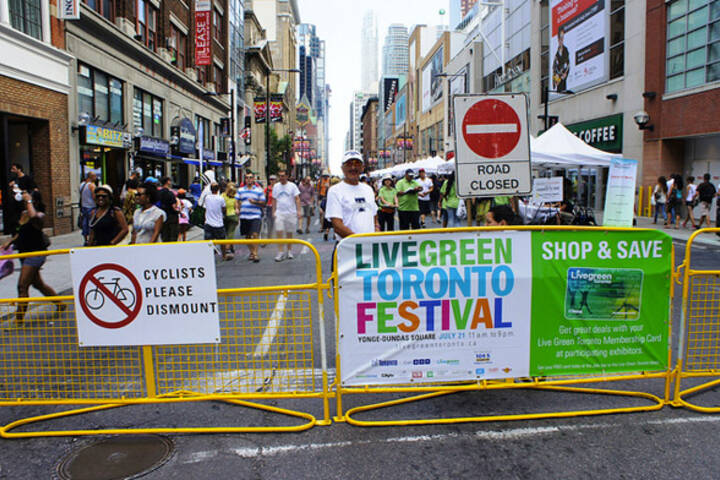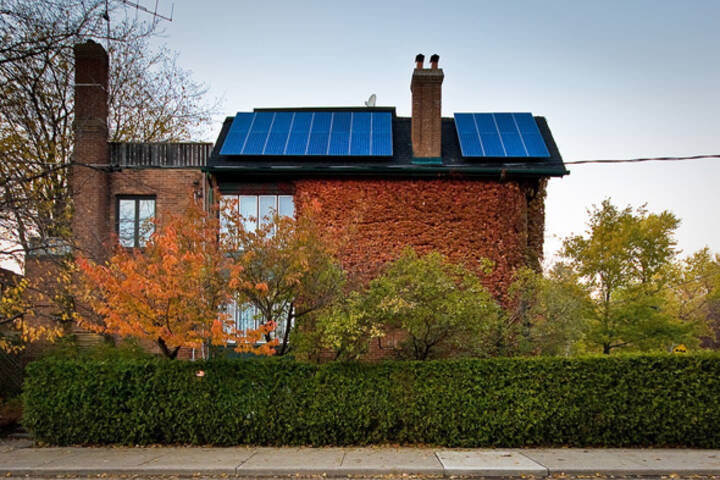
Recycling System Facing Pressures Amongst Changes
Pressure on municipal recycling systems is ramping up as cost increases are set to conflict with waste diversion ambitions.
Sorted recyclables have become ingrained in urban culture to the point where it's hard to imagine a different way of doing things, let alone changes as revolutionary as blue-box programs once were. People take pride in reducing their garbage imprint, but are we willing to put our money behind our established values? The recycling industry has grown in sync with rising commodity prices over the last decade - that have now plunged dramatically. Economic pressures and new regulation on the horizon are likely to combine to make recycling an altogether more costly endeavor.
We're going to see waste company profits strained and City revenues reduced. Toronto has estimated its revenue from selling recyclables will drop by half, or $10 million, which will have to be paid for somehow. Yikes, sounds like we're in store for another increase in user fees.
This is at the same time that Waste Diversion Ontario has been charged by the provincial government to implement programs covering the collection of household hazardous wastes and electronics equipment this year. Currently municipalities are on the hook for only 50 per cent of the costs of recycling programs, including the two new ones, but some are calling for the private sector to pick up the full cost.
As an aside, it is interesting that cities and businesses have moved towards single-stream collection for recyclables yet we still have separate bins all over the city for plastics, bottles, paper, etc. Maybe it would just be too costly too replace all the recycling bin labels, or maybe it would just cause too much confusion for visitors to the city from other municipalities where single stream collection is not an option (it requires capable facilities in the area to sort by machine).
My musings on what this all means for recycling in the short term:
- user fees are likely to increase in 2009
- Toronto (and other cities) might have to back off from aggressive waste diversion targets and plans to maximize their recyclable waste streams
- we're going to have to accept or at least confront the fact that recyclable streams are increasingly going to be shipped overseas to places where labor costs are cheap
- markets for certain items might collapse, potentially leading to, for the first time, actually scaling back the list of items that can be recycled
Photo by William Self, member of the blogTO flickr pool.
Latest Videos
Latest Videos
Join the conversation Load comments







